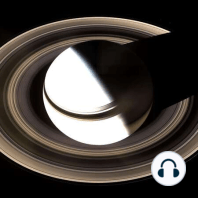78 min listen

The Black Hole Wars: My Battle with Stephen Hawking
The Black Hole Wars: My Battle with Stephen Hawking
ratings:
Length:
95 minutes
Released:
Apr 15, 2024
Format:
Podcast episode
Description
With Dr. Leonard Susskind (Stanford University)Black holes, the collapsed remnants of the largest stars, provide a remarkable laboratory where the frontier concepts of our understanding of nature are tested at their extreme limits. For more than two decades, Professor Susskind and a Dutch colleague had a running battle with Stephen Hawking about the implications of black hole theory for our understanding of reality — a battle that he has described in his well-reviewed book The Black Hole Wars. In this talk Dr. Susskind tells the story of these wars and explains the ideas that underlie the conflict. What's at stake is nothing less than our understanding of space, time, matter and information!Recorded: October 1, 2008 Although this was taped some years ago, this was the most popular talk in the 24-year history of our series. So we wanted to make it available as a podcast, so new audiences could also hear it.
Released:
Apr 15, 2024
Format:
Podcast episode
Titles in the series (45)
Planet 9 from Outer Space with Dr. Michael Brown by Silicon Valley Astronomy Lectures